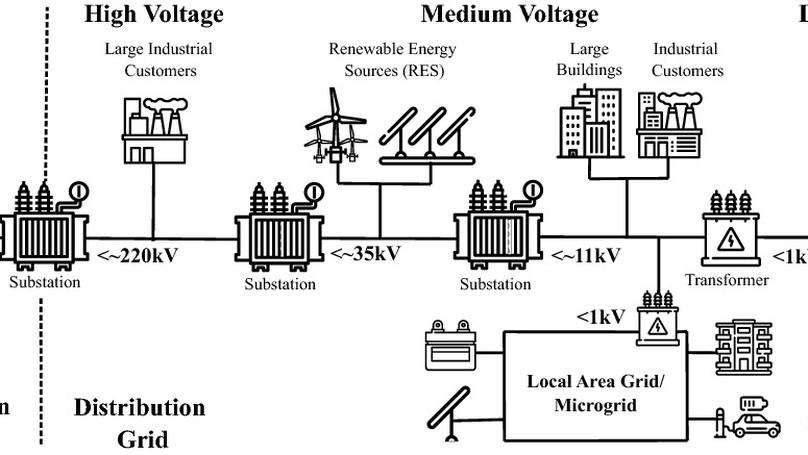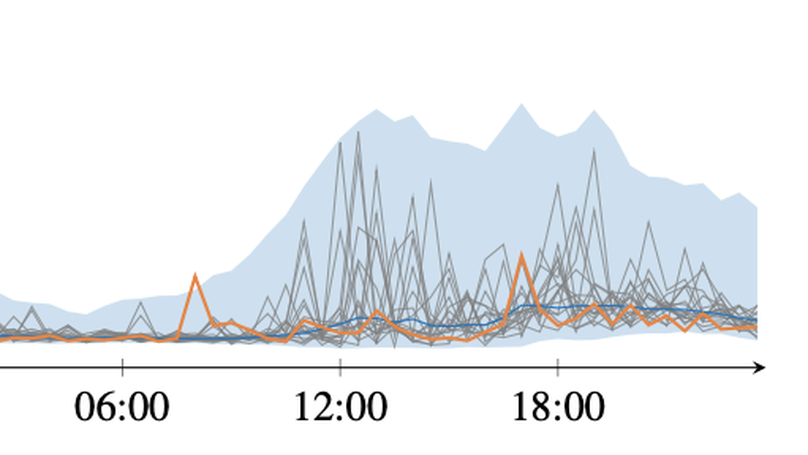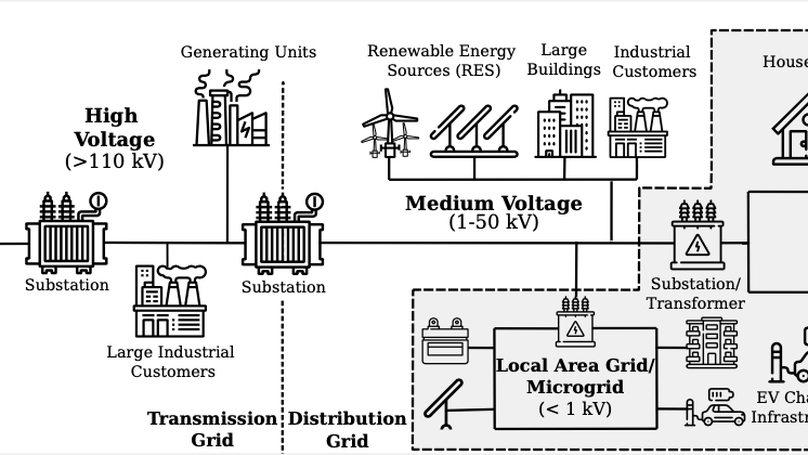Marcus Voss
Responsible AI Lead and AI Engineer
Birds on Mars
KI Bundesverband (AG Green AI)
Climate Change AI
Biography
Marcus has over ten years of experience working as a consultant, AI engineer, project manager, researcher, speaker, and lecturer at the intersection of artificial intelligence and ecological sustainability.
As the Responsible AI Lead at Birds on Mars, he strategically leads the initiative to develop trustworthy and responsible AI systems. Marcus co-leads the “Green AI” working group at the German AI Association and is part of the core team at Climate Change AI, an international nonprofit catalyzing impactful work at the intersection of climate change and machine learning.
He completed his Ph.D. on AI applications in renewable energy systems at TU Berlin. He has been an external lecturer on AI and data science among others at TU Berlin, Leuphana University Lüneburg, the Climate Change AI summer school, and CODE University. Previously, Marcus was a research associate at the TU Berlin, where he led the Smart Energy Systems research group of the DAI Lab, working on AI applications in the smart grid and sustainable development of AI systems.
Marcus is a speaker and author about AI and sustainability in different contexts, e.g. at Kongress BW 2025, Bits and Bäume, a keynote at the DESSAI Inria-DFKI European Summer School on AI 2022 or the Bitkom Big-Data.AI summit 2022. Read our Comic Essays on AI and Sustainability: A Pigeon’s Tale and KI nachhaltig entwickeln? Seegurke sucht Seegraswiese.
If you are working on machine learning and smart meter data, check out our recent open access book on load forecasting, this Python tutorial, and our list of load datasets.
- AI and machine learning within our planetary boundaries
- Applications of AI and ML in energy systems
PhD in Computer Science, 2024
TU Berlin
M.Sc. in Information Systems, 2014
Humboldt University of Berlin
B.Sc. in Information Systems, 2011
HWR Berlin
Recent & Upcoming Talks
Featured Publications

Is the first textbook on load forecasting for the distribution network. Brings together both statistical and machine learning topics. Includes colorful illustrations and practical examples from many sectors and developing countries. Is open access, which means that you have free and unlimited access.

The transition to a fully renewable energy grid requires better forecasting of demand at the low-voltage level to increase efficiency and ensure reliable control. However, high fluctuations and increasing electrification cause huge forecast variability, not reflected in traditional point estimates. Probabilistic load forecasts take uncertainties into account and thus allow more informed decision-making for the planning and operation of low-carbon energy systems. We propose an approach for flexible conditional density forecasting of short-term load based on Bernstein polynomial normalizing flows, where a neural network controls the parameters of the flow. In an empirical study with 3639 smart meter customers, our density predictions for 24h-ahead load forecasting compare favorably against Gaussian and Gaussian mixture densities. Furthermore, they outperform a non-parametric approach based on the pinball loss, especially in low-data scenarios..

This paper presents a literature review on the topic of Low Voltage (LV) load forecasting. It gives an overview of the approaches, core applications, datasets, trends, and challenges. Suggestions how to facilitate the continued improvement and advancement are given and a set of recommendations toward best practices are provided.
Recent Publications
Contact
- mail@marcusvoss.com
- Berlin





